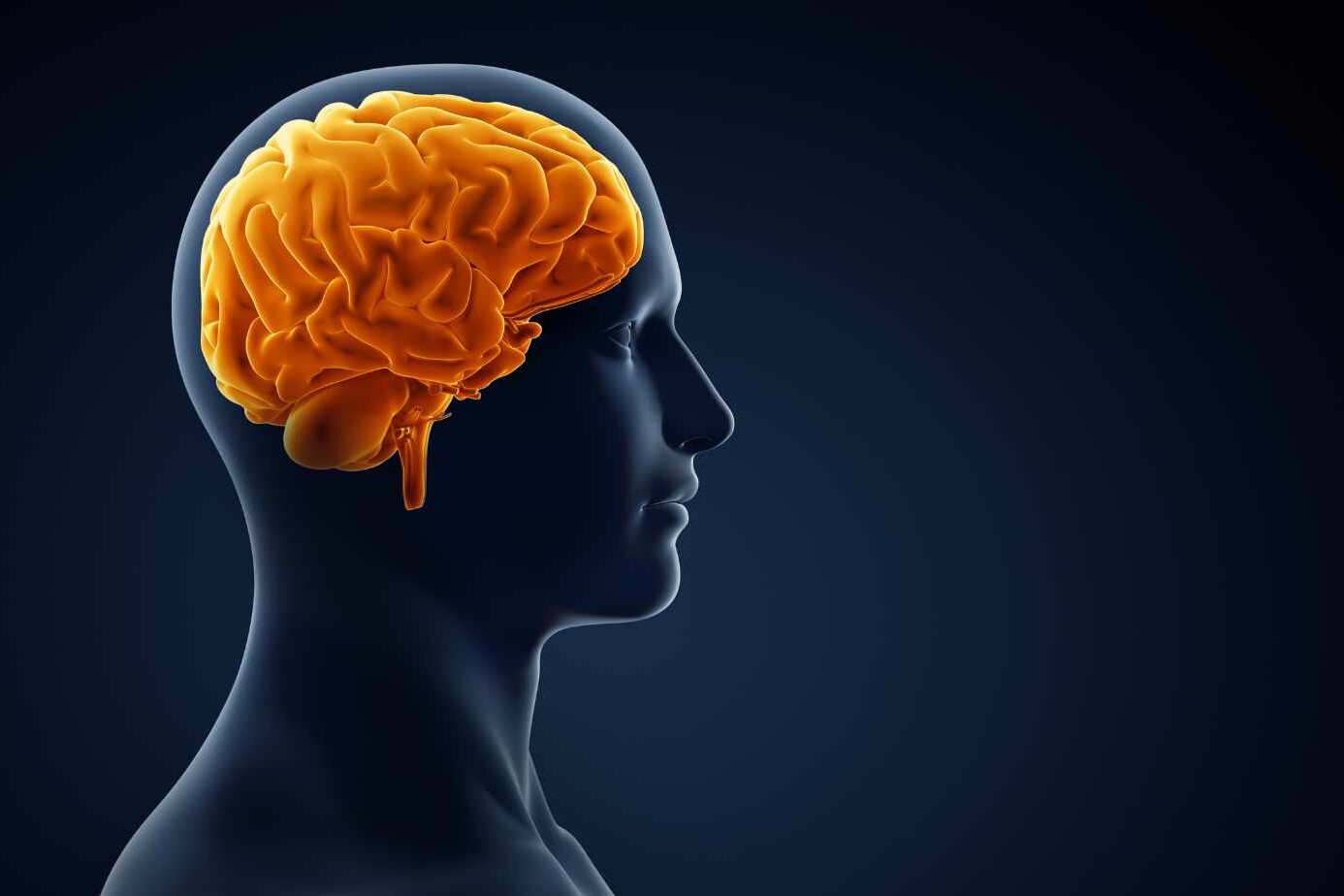This illness is a serious complication of chronic liver disease. It can cause changes in mental state and even coma. So, managing it well is key.
The first thing to do is find and treat the encephalopathy causes. This might mean dealing with infections, stopping bleeding, or fixing medication doses. It also involves fixing any imbalances in your body’s salts. After that, doctors use medicine to stop the making and intake of toxins, like ammonia, in your gut.
Two main kinds of medicine help with encephalopathy. One is lactulose, a fake sugar. The other is a type of antibiotics called rifaximin. Using these two together is better than just one. But, sometimes, if the liver disease is too far along, a liver transplant may be the best choice.
It’s also key to keep watching how you do with lab tests, how well you think, and for signs that the HE is coming back. By working closely with your doctors, you can do a lot to handle your encephalopathy symptoms. This can make your daily life much better.
Table of Contents
ToggleUnderstanding Hepatic Encephalopathy
Definition and Symptoms
Hepatic encephalopathy (HE) happens with chronic liver disease. The liver can’t remove toxins, like ammonia, from our blood. These toxins then build up in the brain. This causes confusion, changes in how we act, and in bad cases, coma. HE can mean anything from minor memory issues to big problems like seizures.
Causes and Risk Factors
HE starts when the liver can’t work right, letting too much ammonia and other toxins into the blood. This usually happens because of chronic liver disease or cirrhosis. Some things, like gut bleeding, infections, or some drugs, can make HE worse. People with serious liver issues, or a history of HE, are more at risk. Getting older, not eating right, and how serious the liver disease is, can also affect the chances of getting HE.
Prevalence and Burden
HE is a big problem, affecting between 30 to 45% of people with cirrhosis. It can cause a lot of harm and sometimes even lead to death. Every year, treating HE costs more than $10 billion in the U.S. It’s very important to treat HE well to help patients and to lower these big costs.
Conventional Therapies for Encephalopathy
Changing what we eat is key in hepatic encephalopathy control. The focus is on lessening ammonia and toxin levels in the stomach. Eating a diet low in protein is a must. Foods that boost ammonia, like red meat and dairy, should be cut. Instead, try veggies for protein and branched-chain amino acids. It’s also important to eat enough and stay hydrated to ward off malnutrition and liver harm.
Dietary Modifications
Eating right can cut down on the ammonia the body makes and absorbs. A diet low in protein, but rich in quality, easily digested proteins helps. It also means not eating foods that make more ammonia, like red meat. Instead, choose vegetable proteins and amino acids. This type of diet can really help with encephalopathy treatment.
Lactulose and Disaccharides
Lactulose, a type of sugar, is a big help with HE. It pulls water into the intestines, making stool softer and helping us go more often. This process gets rid of ammonia and toxins. Using lactulose can boost brain function and lower HE chances. Lactitol does a similar job and is another option.
Antibiotics (Rifaximin)
Antibiotics like rifaximin are a crucial part of fighting HE. Rifaximin is special because the body doesn’t absorb it. It targets gut bacteria that make ammonia, cutting down on toxins. This leads to better brain function. Rifaximin helps with treating and stopping HE, especially when used with lactulose.

Emerging Treatments and Novel Approaches
Recent studies suggest that a bad gut balance might cause hepatic encephalopathy (HE). Fecal microbiota transplantation (FMT) is a new way to fix this. It puts healthy bacteria back in the gut, helping with HE symptoms. FMT has already made patients feel sharper, visit the hospital less, and avoid HE’s comeback. It’s a bright spot for those not helped by typical treatments.
Fecal Microbiota Transplantation
FMT aims to balance the gut’s bacteria. It involves putting a healthy donor’s stool into the patient’s gut. This change may reduce harmful substances linked to HE, offering hope for fighting the disease. Early signs show cognitive boosts, fewer hospital trips, and less HE coming back for those with cirrhosis.
Zinc Supplementation
Low zinc levels are common in those with liver issues, increasing their HE risk. Zinc is key in liver cleanse processes. Adding zinc to the diet has benefited some patients, enhancing mental functions and cutting HE cases. Yet, clear guidelines on dosage and timing are still missing. Rectifying zinc levels in liver patients is a good step, though more study is vital to fine-tune the approach.
Branched-Chain Amino Acids
Liver illness often skews the body’s amino acids, leaving out important ones like BCAAs. Without enough BCAAs, the body struggles with ammonia, a key HE player. A push in BCAA levels might help manage HE, with reports of better mental clarity and fewer hospital stays. Confirming BCAA’s role in HE healing needs more work. This path, however, could offer new hope in treating HE.

Encephalopathy Treatment
Hepatic encephalopathy (HE) treatment is a complicated process. It aims to find and solve the main causes. This includes using medicines to stop the body from creating and taking in toxins. Lactulose and rifaximin are two key medicines for treating HE.
Lactulose pulls water into the bowels. This helps remove ammonia and other harmful substances. Rifaximin, an antibiotic, works against the bad gut bacteria that make these toxins.
Handling HE well is vital for patient health and saving money on healthcare. It requires finding and treating the root issues. Also, a mix of changes in diet, medicines, and care supports can help. They make it possible for patients to manage their condition and avoid serious episodes.
Combination Therapies and Individualized Management
Studies show treating HE with both lactulose and rifaximin works better than using just one. These drugs together fight HE’s root causes. They cut down on ammonia, boost the movement in your gut, and balance the bugs in your stomach.
Lactulose and Rifaximin Combination
A 2010 study found a mix of lactulose and rifaximin helped people with HE a lot. It made complications and deaths less common. Another review in 2016 backed this up. It looked at studies using lactulose, lactitol, or no treatment for HE in people with liver cirrhosis.
Role of Supportive Care
Besides medicines, supportive care is key for HE management. It deals with issues like infections, gut bleeds, and odd electrolytes. These problems can start or make HE worse. Fixing them helps stop HE issues and make patients better.
Liver Transplantation for Advanced Cases
In really bad cases of end-stage liver disease, when people with hepatic encephalopathy (HE) don’t get better with medicine, a liver transplant might be the only answer. This surgery swaps out a sick liver for a healthy one. This way, the body can again work like it should, keeping harmful toxins from building up.
After a liver transplant for hepatic encephalopathy, patients often get better at thinking, have to go to the hospital less, and see less HE happen again. This operation saves the lives of those with bad end-stage liver disease and hepatic encephalopathy who’ve tried everything else without luck.
The choice for getting a liver transplant for HE is very personal. Doctors look at how healthy the person is, how bad their liver is, and if there’s a suitable liver available. A team of experts, like liver doctors, surgeons, and mental health doctors, work together to give the best care and results to these patients.
Monitoring and Follow-up
Watching closely and following up regularly create better care for hepatic encephalopathy (HE). Doctors do laboratory tests to check how well the liver works. They look at ammonia levels too, which are important for HE.
Laboratory Tests
Doctors use various lab tests to track HE and decide on treatments. These tests show how the liver is doing, like ammonia levels, liver enzymes, and more. By checking these things often, doctors can spot early signs of trouble. This means they can stop HE episodes before they happen.
Assessing Cognitive Function
Testing how well the brain works is key in HE care too. Doctors have many tests to check the mind, like the MMSE, the MoCA, and the PHES. These tests can find small changes in thinking, memory, and attention. Knowing these changes helps doctors treat patients better.
Keeping an eye on lab results and how the brain is working helps a lot. Doctors can make smart choices for HE care. This makes life better for patients.
Conclusion
Hepatic encephalopathy is a serious issue from chronic liver disease that can be life-threatening. It needs quick and good care. The treatment plan includes finding and treating the main causes. It also uses medicines to decrease toxins like ammonia in the gut.
Treatment includes changing what you eat, using lactulose, antibiotics like rifaximin, and new methods like fecal transplant and amino acid supplements. This can help a lot. Doctors need to keep checking the patient’s tests and thinking ability. They should watch for signs of it coming back. This careful care is very important.
In short, treating hepatic encephalopathy needs a mix of different steps. It is key to lower the bad effects it can have on patients and the healthcare system.
FAQ
What is hepatic encephalopathy and what are its symptoms?
Hepatic encephalopathy is a serious result of liver disease. It can change how you think and feel, leading to coma if not treated. You might see things like changes in sleep, trouble focusing, or memory loss. Other signs include speaking slowly, shaking, and seizures.
What causes hepatic encephalopathy?
HE happens when the liver can’t remove toxins from the blood. This can be from liver disease or cirrhosis. Things like bleeding in the gut, infections, and not enough water or salt can make it worse.
How common is hepatic encephalopathy and what is the impact on healthcare?
It’s a common issue with liver disease, affecting 30-45% of those with cirrhosis. It can be very serious, with up to half of those with severe symptoms not surviving the next year. It also costs the healthcare system a lot, over billion a year in the U.S. from hospital stays.
How is hepatic encephalopathy treated?
Treating HE usually involves changing your diet, taking certain drugs, and getting extra care. Doctors often use lactulose, a sugar-like medicine, and rifaximin, an antibiotic. Using both together seems to work best.
What are some emerging treatments for hepatic encephalopathy?
New treatments include using poop from healthy donors, taking more zinc, and adding special amino acids to the diet. These ways are showing hope, but we need more studies to be sure they work for everyone.
How is the long-term management of hepatic encephalopathy achieved?
To look after HE for a long time, doctors use drugs, give extra support, and check on you often. They do blood tests and special brain tests. It’s very important to watch for any signs it might be coming back, so the treatment can be changed in time.
When is liver transplantation considered for hepatic encephalopathy?
If HE is very bad and medicine doesn’t help anymore, a new liver might be the only way to fix it. This operation can swap a sick liver for one that works right. It lets the body clear away the bad stuff and go back to normal.
Source Links
- https://www.ncbi.nlm.nih.gov/pmc/articles/PMC8917954/
- https://www.ncbi.nlm.nih.gov/pmc/articles/PMC9099111/
- https://liverfoundation.org/liver-diseases/complications-of-liver-disease/hepatic-encephalopathy/treating-hepatic-encephalopathy/
- https://my.clevelandclinic.org/health/diseases/21220-hepatic-encephalopathy
- https://www.ncbi.nlm.nih.gov/pmc/articles/PMC8472037/
- https://www.uptodate.com/contents/whats-new-in-pediatrics
- https://my.clevelandclinic.org/health/diseases/8525-parkinsons-disease-an-overview
- https://www.webmd.com/brain/what-is-encephalopathy
- https://www.healthdirect.gov.au/encephalopathy
- https://www.ncbi.nlm.nih.gov/pmc/articles/PMC3177461/
- https://www.ncbi.nlm.nih.gov/pmc/articles/PMC9205788/
- https://www.ncbi.nlm.nih.gov/pmc/articles/PMC4933409/
About The Author

Medically reviewed by Dr. Chandril Chugh, MD, DM (Neurology)
Board-Certified Neurologist
Dr. Chandril Chugh is a U.S.-trained, board-certified neurologist with expertise in diagnosing and managing neurological disorders, including migraines, epilepsy, Parkinson’s disease, and movement disorders. His clinical focus includes evidence-based neurological care and patient education.
All content is reviewed for medical accuracy and aligned with current neurological guidelines.




